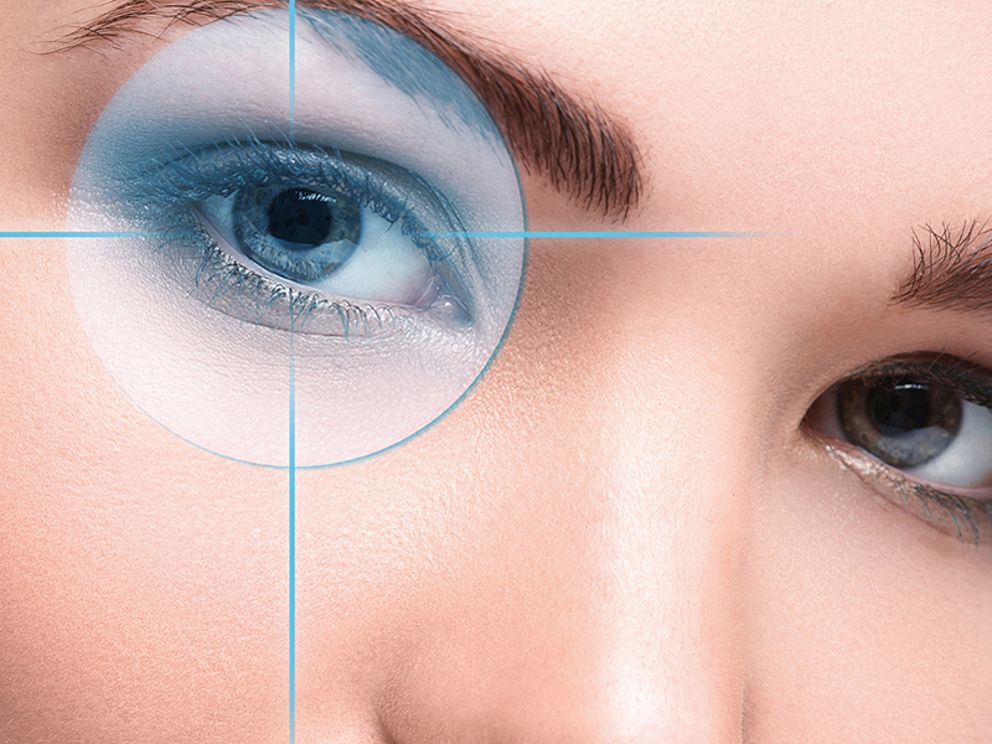Dry eyes: the symptoms are redness, burning and foreign body sensation in the eye
Our lacrimal glands are constantly producing small amounts of tear fluid which completely lubricate the surfaces of our eyes. Among other things, involuntary (i.e. is not consciously controlled), regular blinking plays an important role in this: it ensures the even distribution of the fluid over the surface of the eye. Here, the tear film performs several important tasks: it is decisive in the refraction of light on the cornea and therefore crucial to ensure sharp vision, it protects the eye from environmental influences and, in addition, facilitates the supply of nutrients to the cornea.

The symptoms of dry eyes are itchy, burning and watery eyes.
Lubrication is crucial for the health of the eye. In order for the eye to remain functional, any disruption of, or deficiency in, the tear film must be reported to the brain. For this purpose, there are many radially dispersed nerve endings in the eye which detect any break-up of the tear film or other irritation of the cornea and pass this on to the brain. The eyes react to the lack in moisture with symptoms such as redness, burning or itching as well as with an increase in tear production.
The typical symptoms of dry eyes
When the fluid lubrication of the eye is disrupted, it is referred to as a dry eye or keratoconjunctivitis sicca. The most common symptoms of a dry eye are:
- Reddening of the normally white part of the eye as well as the presence of small veins on the surface
- Itching or even burning of the cornea
- The sensation of having a scratchy foreign body in the eye, such as a grain of sand
- Swollen eyelids
- The sensation that the eyes are overtired and stressed
A lot of these symptoms can be indications of other eye diseases or dry eyes can accompany these diseases. For this reason, if there is any doubt, the diagnosis of an eye doctor should be obtained. Inflammation of the eye in particular is often underestimated but requires quick and targeted treatment.
Dry eyes – watery eyes?
A further symptom of a dry eye is surprisingly a watery eye, a phenomenon that is referred to as “paradoxical epiphora”. In this case, there is a defect in the lubrication of the eye. This means that the composition of the lacrimal fluid is deviating from the standard and certain substances – mainly oils – are present in an incorrect concentration. This leads to instability of the tear film. It breaks up more quickly and leaves behind unmoistened areas on the surface of the eye. In turn, that leads to watering of the eye but not to sufficient lubricating by the tear film.
